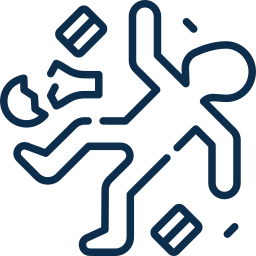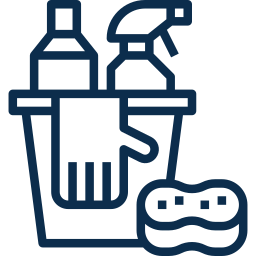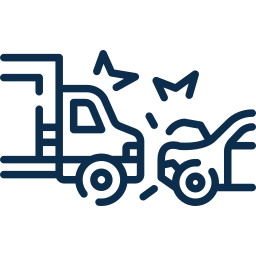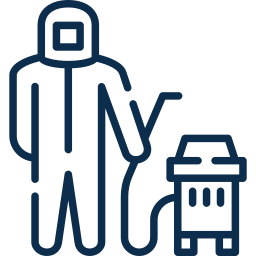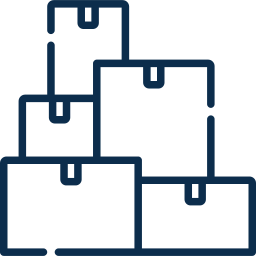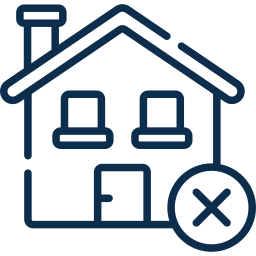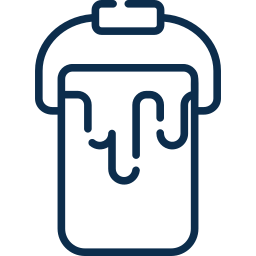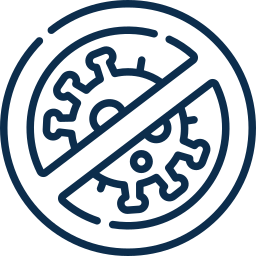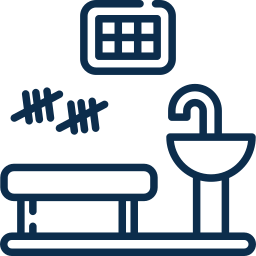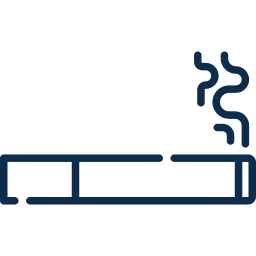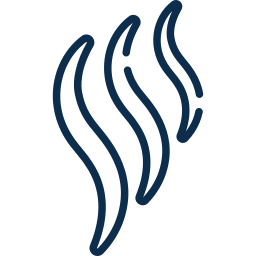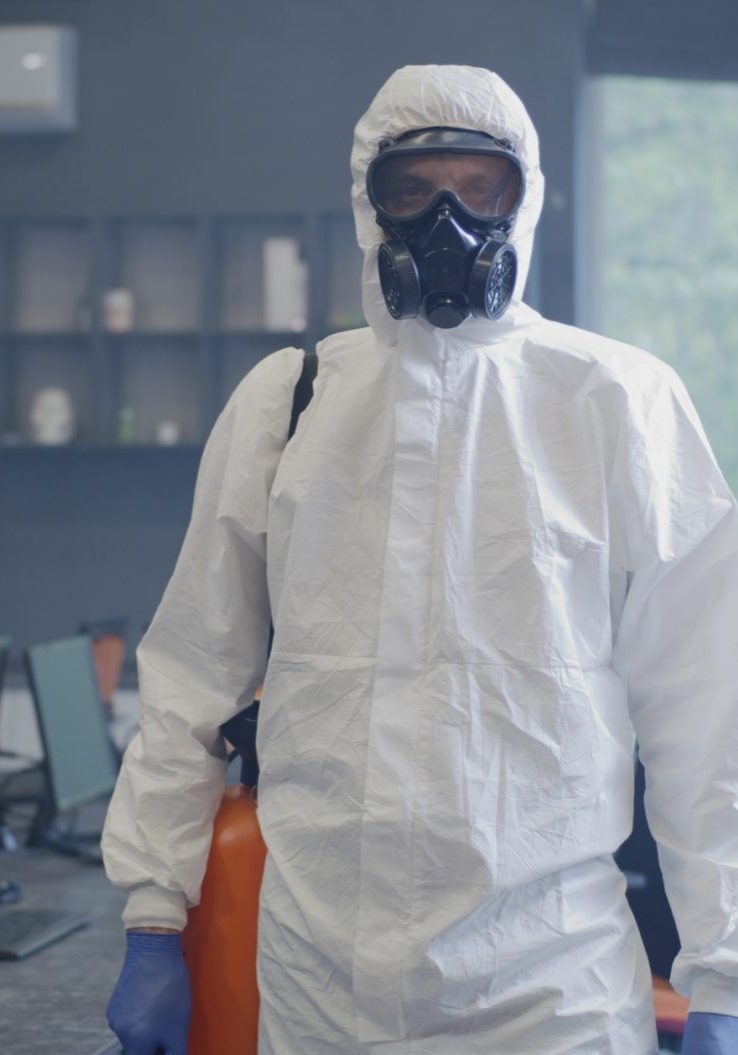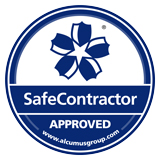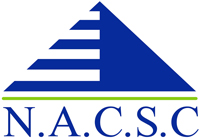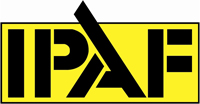Death Scene Cleaning
Funeral Directors, Police, Emergency Responders, Medical Examiners, Coroners and the like do not generally clean death scenes. We work with professionals in this area and are here to help, no matter how difficult the situation may seem to be.
We are here to take care of situations such as this so you don’t have to. Please don’t put yourself at risk or put yourself through the trauma of having to deal with what is already a very difficult situation. Don’t delay, please call us on 08009991500 and we’ll sort it out for you.
As fully trained and insured members of the National Academy of Crime Scene Cleaners (www.nacsc.co.uk) as well as being fully licensed waste carriers, we are able to safely and effectively dispose of all biohazard waste. We are registered as an upper tier waste carrier with the Environment Agency.
Bodily Fluid Clean Up
Bodily fluids such as faeces, urine, blood or vomit can all be potentially contaminated. Dealing with bodily fluids in a professional or domestic situation requires the taking of appropriate precautions. Using suitable PPE (personal protective equipment) and the correct cleaning equipment and materials is vital.
It stands to reason that objects and surfaces that have been contaminated with bodily fluids need to be cleaned up quickly and effectively. Whether your need for bodily fluid clean u is large or small, we are happy to help.
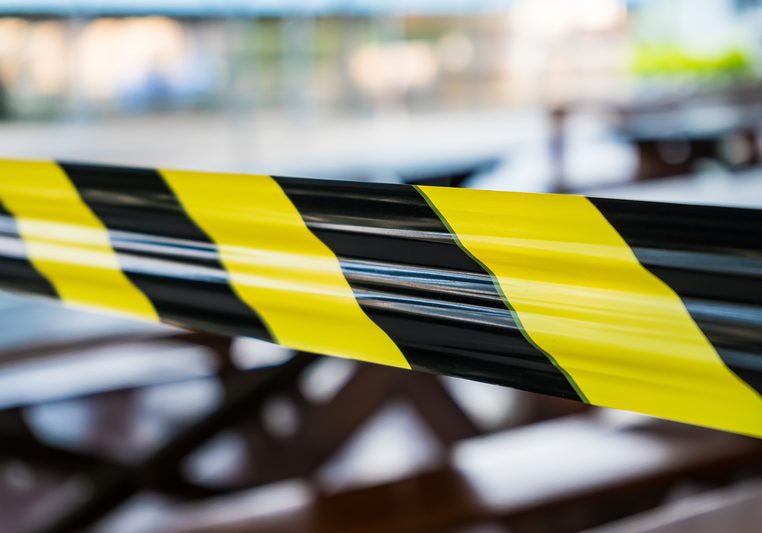
Cleaning and Restoration of Premises and Contents Due To Spillages or Leaks
Our entire business is based around our proven ability of being able to clean and restore buildings and contents so we are very well placed and able to deal with oil spills quickly and effectively. Our fully trained and professional team have many years of experience in cleaning and restoration following oil spills. We are available in the same way that emergency services are available, 24/7, 365 days a year. Our team are fully trained and equipped with the necessary equipment, cleaning materials, PPE and RPE to respond anywhere in the UK at a moment’s notice.
As a trauma cleaning, our services are set up to respond rapidly to the effects of trauma, 24 hours a day. Our teams have all the correct protective clothing, equipment and cleaning materials to start work straight away.
Why Choose Us?
We are trauma cleaning specialists. This type of work is not something that should be carried out by a general cleaning company.
We have developed comprehensive and robust policies and procedures, health and safety practices including risk assessments as well as comprehensive method statements. These systems and procedures are absolutely essential in any work environment but are of particular importance when dealing with potentially dangerous environments.
We work closely with our clients, their representatives, agents and insurers to accurately assess the type and severity of damage in order to be able to take the most effective action.
We will help identify items that can be saved and those so badly damaged that they must be disposed of. Our emergency waste teams will take damaged items to an authorised site for safe disposal.
Risks and Dangers Associated with Trauma Cleaning
When dealing with trauma then there are a wide range of risks and dangers that can be present. Examples include structural integrity of the whole or part of the building, substantial danger of breathing difficulties due to particles in the atmosphere.
In addition, bodily fluids or similar spillages presents a clear risk from slipping as does the possibility of trip hazards combined with a potential loss of visibility through power outages or similar.
How Do We Work?
Before we carry out any work
We carry out a comprehensive risk assessment to effectively evaluate risks to people, property and the environment.
After carrying out a risk assessment, we create a method statement. A method statement details exactly how we are going to carry out a task and details the steps that need to be taken to safely carry out the work. This could involve detailing the type of equipment we might be using, the PPE (personal protective equipment) that might be needed and the processes involved in actually carrying out the work.
COSHH Risk Assessment. COSHH is short for control of substances hazardous to health. The COSHH risk assessment that we carry out is done to identify the risks involved with the materials that we are dealing with and also to understand the risks involved with using the chemicals that we decide to use.
Creation of a Waste Transfer Note. A waste transfer note (WTN) is a document that details the transfer of waste from one person to another. We make certain that every load of waste you that we receive on your behalf or that we pass to others is covered by a WTN. WTNs make certain that there is a clear audit trail from when the waste is produced until it is disposed of.
PPE and RPE Training or Toolbox Talks. We make certain that all of our team know what and how to use their PPE (personal protective/protection equipment). This is done through Toolbox talks. Put simply, someone experienced and also qualified if necessary in the effective use of PPE demonstrates and explains exactly how to put on, wear and work in items of PPE. RPE (Respiratory Protection Equipment) such as breathing apparatus often needs specialist training or instruction in safe and effective usage and we also make certain that our team are fully equipped, trained and competent in the use of RPE at all times.

